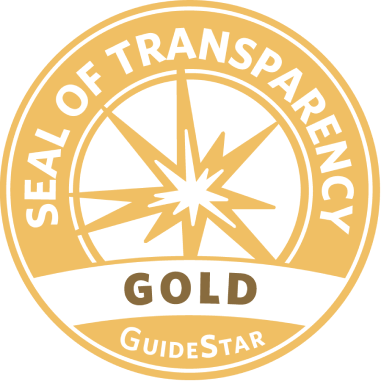War and violence leave behind more than just ruins; they imprint deep psychological scars on those who survive. For women in conflict zones like Iran and Afghanistan, trauma is a daily reality—woven into their past, present, and future. From war and displacement to domestic violence and political oppression, the wounds are often invisible but painfully real. Understanding trauma is the first step toward healing, and organizations like the Omid Foundation are providing the support these women desperately need.
The Unseen Wounds of War
Trauma in conflict zones is not just about physical injuries. The psychological toll can be devastating, especially for women who often endure multiple layers of suffering. Many have lost family members, been displaced from their homes, or experienced gender-based violence. Others live in constant fear of persecution, trapped in societies that silence them.
Post-Traumatic Stress Disorder (PTSD) is common among survivors, bringing nightmares, flashbacks, and extreme anxiety. Many women in Iran and Afghanistan also struggle with depression, feeling hopeless in a world that offers them little protection. Trauma does not fade with time—it lingers in the body, mind, and soul, affecting every aspect of life.
Survival Mode: How Trauma Affects the Brain
When people experience trauma, their brains switch into survival mode. The fight-or-flight response becomes activated, flooding the body with stress hormones like cortisol and adrenaline. In conflict zones, this state of hypervigilance never truly turns off. Women live with constant fear, their nervous systems always prepared for the next threat.
Over time, this stress takes a heavy toll. It affects memory, concentration, and emotional regulation, making daily life a struggle. Some women become numb, shutting down their emotions to cope. Others live in a state of perpetual anxiety, unable to trust anyone—including themselves.
Breaking the Silence: The Importance of Acknowledging Trauma
In many societies, trauma is misunderstood, especially when it affects women. Mental health is often stigmatized, and survivors are expected to “be strong” or simply “move on.” But trauma does not disappear when ignored—it festers. The first step to healing is acknowledging the pain, recognizing that suffering is real, and understanding that it is not a personal failure.
At the Omid Foundation, women are given a voice. They share their stories in safe spaces, learning that they are not alone. Through trauma-informed care, they begin to process their pain in a supportive environment.
Healing Through Connection
Healing from trauma is not just about therapy; it is about rebuilding trust and connection. Many women in conflict zones have lost their sense of security, but through community support, they can begin to reclaim their lives. Yoga, meditation, storytelling, and skill-building workshops provide them with the tools to navigate their emotions and regain control over their futures.
Hope in the Darkness
Trauma may shape a person, but it does not have to define them. Women in Iran and Afghanistan have endured unimaginable pain, but they are also symbols of resilience. By understanding trauma and offering the right support, we can help them step out of the shadows and into a future filled with hope.

